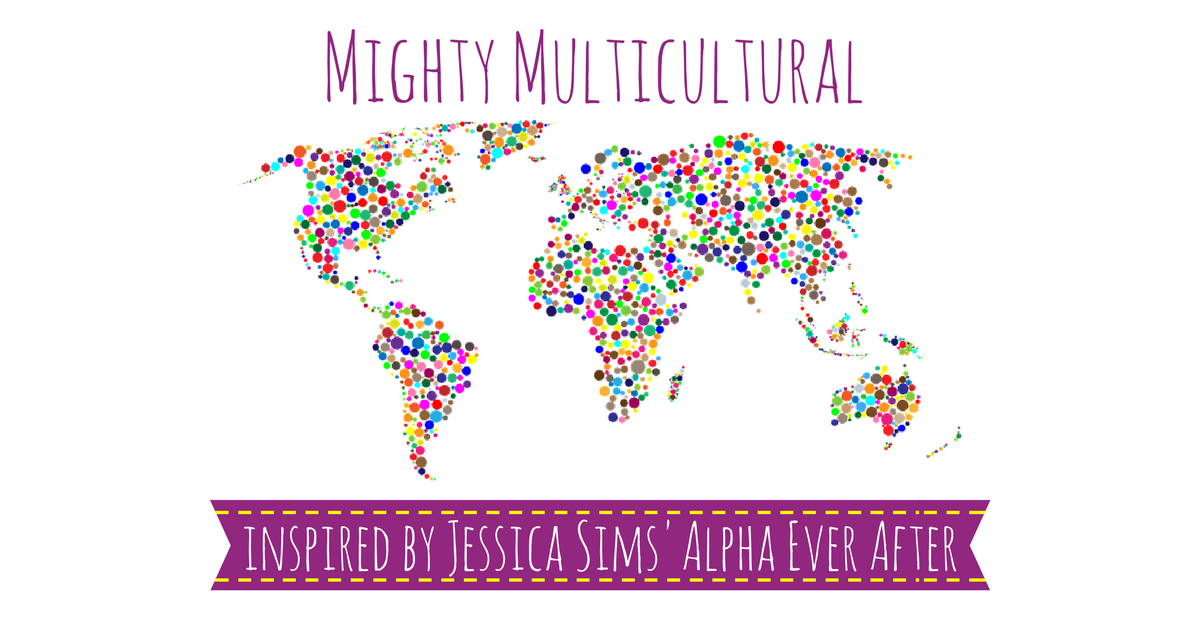I just finished Jessica Sims' novel, Between a Vamp and a Hard Place. It's rare that I read a stand-alone novel and it was a lark. (I usually read series to know that there are other books out there for me and so I can hang out with beloved characters a bit longer, but I digress). This is an adorable book, and I spent several enjoyable hours with Lindsey, her best friend, Gemma, and their hibernating vampire, Rand. A good time was had by all. Lindsey and Gemma are antique dealers of the penny-ante variety, hoping to do great things with an old, antique-filled apartment in Venice. The apartment is their ship that has come in, although there are some tidal waves to navigate along the way, or we wouldn’t have a novel. Among the challenges faced by our plucky heroines is a secret room, an old coffin, and a vampire who's been asleep for 600 years…. Just the run-of-the-mill problems facing young entrepreneurs everywhere. Lindsey is the alpha, is a control freak; she’s the one who takes charge. She's always assumed this is what Gemma wanted – that it reflected the arrangement that best suited both friends. Imagine her surprise when Lindsey discovers that Gemma has a fierce side and some pretty strong opinions about various subjects. When Gemma reveals these previously hidden personality traits, Lindsey is unsure how to react at first. Soon, she decides that there are some unanticipated benefits to the shift within the friends’ power dynamic. Lindsey is able to relax more, knowing that Gemma is taking the lead. Lindsay notes to herself that, "Gemma's assertiveness was making my own fears melt away."
Back in the day, when I traveled with my mother, who was deathly afraid of flying, I could be serene (without medication) because I knew how scared she was. All of us know that planes stay aloft using some pretty strong intentional magic—and without the extreme concentration of those select few of us tasked with keeping the plane in the air, it would drop from the sky like stones in a river. My mother's fear was such a strong force, I knew my airplane was in good hands when she was on board, and I could relax my hyper-vigilance, confident we would reach our destination without plunging to the earth at terminal velocity. Can you tell how much I love flying? Actually, I do now, because I've discovered better living through chemistry, and my mother's little helper helps me not give a shit whether we fly or fall.
Then there was that time in Yoga Nidra class with one of my best friends. We were on time and getting into the zone when some obnoxious women walked in late, creating as much disruption as possible. Now, my friend is an extreme type A personality, just like yours truly. And normally she would have given those ladies the stink eye for harshing our mellow. But my friend was able to relax and rejuvenate, sure in the knowledge that I would unleash my inner New Yorker on these miscreants who disturbed our serenity. Which I did, of course. So my friend didn't have to. She thanked me afterwards.
Why is it we can let go when someone else is feeling our feelings for us? Seems counter-intuitive that worry and fear among family and friends wouldn’t feed off each other and intensify instead of dissipating. Which begs the question: if we can let go of worry and fear when someone else is carrying the load, why can't we let go at other times? All of us know that worry is a misuse of the imagination, and fear makes us stupidly reactive. Why do we need to inflict these miseries on another before we can allow ourselves to shrug our shoulders? I'm not sure I have an answer but I think it has to do with trust. In the book, it took Lindsey some thought and faith before she felt like she could trust Gemma enough to let go. And when the alpha friend understood that she'd made a mistake in not trusting Gemma, life got a whole lot better for both of them—Lindsey because she could take some of the load off, and Gemma because she felt trusted and valued enough to pull her own weight. Win-win, my favorite outcome.
And the issue of trust leads me to the issue of faith. If we have faith in our family and friends to allow us to lay down the load, perhaps we can also have faith in something bigger than ourselves. If we can believe, first, that our fears and worries do no good whatsoever, and second that someone's already got our backs, then we can make like the French and lift that shoulder with a carefree, "C'est la vie."
Or not. We can always choose to take up and keep our burdens all to ourselves. We can choose not to trust anyone else, and we can choose not to have any faith. Life will be nasty, brutish and lonely at that point, but we all make our choices. I choose to take a page out of A Vamp and a Hard Place and rely on my friends, my family and my faith to allow me to shrug. I don't have to shoulder all that weight alone.







